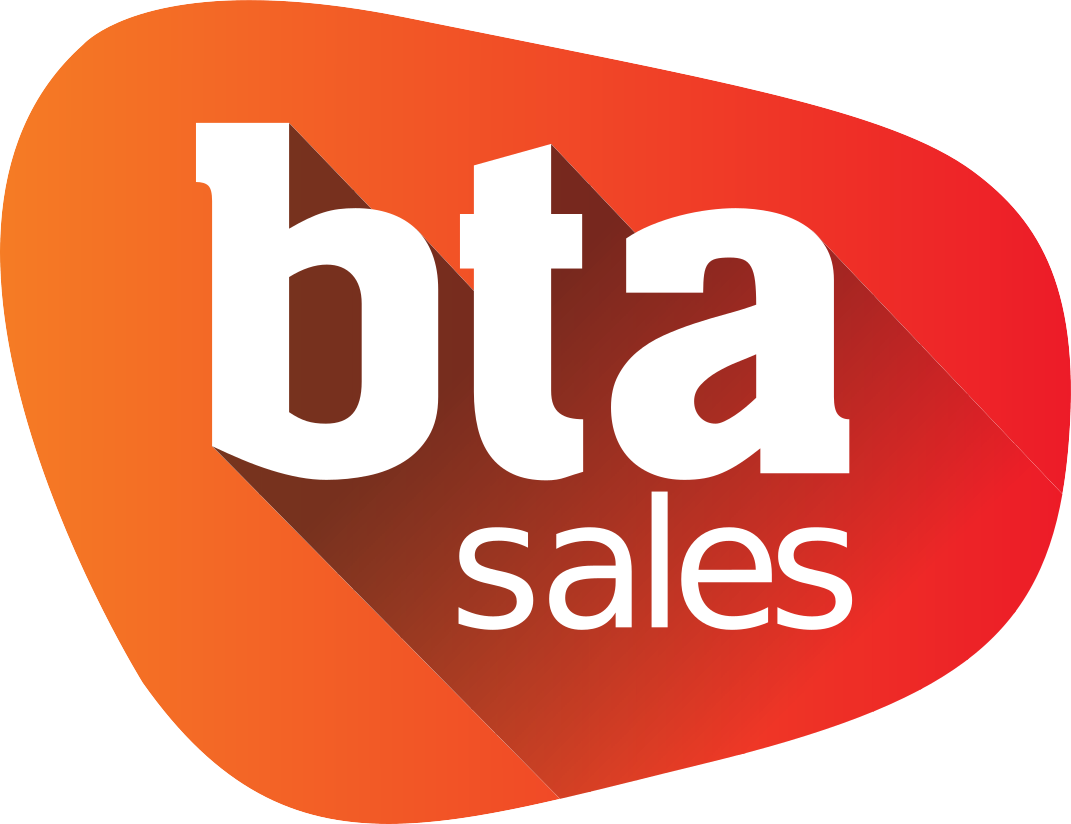Resources

February 6, 2023
As a sales leader, you know how important it is to hire the right salespeople for your team. But have you ever been in a situation where you ignored a red flag during the hiring process, only to regret it later?
When hiring the right salespeople for your organisation it’s crucial to be on the lookout for red flags during the hiring process. Ignoring these red flags can have serious consequences, from reduced productivity and morale to costly turnover and even damage to your company’s reputation.
In this blog, we’ll explore some of the common red flags to watch out for when hiring a salesperson. We’ll look at why these red flags matter and what you can do to address them.
By being proactive and addressing red flags early on, you can avoid making costly hiring mistakes and build a strong, successful sales team.
So let’s dive in and take a closer look at some of the red flags to watch out for when hiring a salesperson.
They’ve failed to prepare for the interview properly
One red flag to watch out for when hiring a salesperson is a lack of preparation for the interview. This can manifest in a few different ways, such as:
Lack of research. A candidate who hasn’t done their homework and isn’t familiar with your company, products, or services may not be serious about the role.
Incomplete answers. If a candidate can’t provide complete and specific answers to your questions, it may indicate a lack of knowledge or interest in the role.
Lack of questions. A candidate who doesn’t have any questions for you during the interview may not be engaged or interested in the role.
Why does lack of preparation matter? There are a few reasons:
- It shows a lack of commitment and professionalism. If a candidate isn’t willing to invest the time and effort to prepare for the interview, they may not be committed to the role or to your company.
- It indicates a lack of interest and motivation. If a candidate isn’t interested enough in the role to prepare for the interview, they may not be motivated to succeed in the role.
- It can lead to poor performance. If a candidate doesn’t have the knowledge or interest to prepare for the interview, they may not have the skills or motivation to succeed in the role.
In short, a lack of preparation for the interview is a red flag that should be taken seriously. By looking for this red flag and addressing it early on, you can avoid making a costly hiring mistake.
Evasiveness of dishonesty
Another red flag to watch out for when hiring a salesperson is evasiveness or dishonesty. This can manifest in a few different ways, such as:
Evasive answers. If a candidate seems to avoid answering your questions directly, it may indicate a lack of transparency or trustworthiness.
Inconsistencies. If a candidate’s answers don’t match up with their resume or other information you have about them, it may indicate a lack of honesty or integrity.
Lack of transparency. If a candidate is unwilling to provide you with references or other information that can verify their claims, it may indicate a lack of transparency or trustworthiness.
Why does evasiveness or dishonesty matter? There are a few reasons:
- It indicates potential trust issues. If a candidate is evasive or dishonest during the interview process, it may be a sign that they will have trust issues in the role.
- It can lead to reduced morale and productivity. If a candidate is dishonest or untrustworthy, it can create a negative atmosphere within your team and can lead to reduced morale and productivity.
- It can damage your company’s reputation. If a candidate is dishonest or untrustworthy, it can reflect poorly on your company and can damage your company’s reputation.
In short, evasiveness or dishonesty is a red flag that should be taken seriously. By looking for this red flag and addressing it early on, you can avoid making a costly hiring mistake and can protect your company’s reputation.
A lack of passion for sales
Another red flag to watch out for when hiring a salesperson is a lack of enthusiasm or passion for sales. This can manifest in a few different ways, such as:
Lack of excitement. If a candidate seems uninterested or unenthusiastic about the role, it may indicate that they don’t have a passion for sales.
Lack of interest. If a candidate doesn’t ask any questions or show any interest in your company, products, or services, it may indicate a lack of passion for sales.
Why does lack of enthusiasm or passion matter? There are a few reasons:
Sales is a challenging and demanding role.
To succeed in sales, a candidate needs to be motivated, resilient, and passionate about what they do. If they don’t have a passion for sales, they may not have the drive to succeed in the role.
Passion is contagious.
A salesperson who is passionate about their work can inspire others and can help to create a positive, productive team culture. If a candidate lacks enthusiasm or passion, they may not be able to contribute to this type of culture.
Poor communication skills
Another red flag to watch out for when hiring a salesperson is poor communication skills. This can manifest in a few different ways, such as:
Difficulty expressing themselves. If a candidate struggles to express themselves clearly and concisely, it may indicate that they have poor communication skills.
Lack of clarity. If a candidate’s answers are vague or unclear, it may indicate that they have poor communication skills.
Lack of listening skills. If a candidate doesn’t seem to be listening to your questions or isn’t responding to your comments, it may indicate that they have poor communication skills.
Why do poor communication skills matter? There are a few reasons:
Communication is essential for sales success.
In sales, effective communication is key to building relationships, understanding customer needs, and closing deals. If a candidate has poor communication skills, they may struggle to succeed in the role.
Poor communication can lead to misunderstandings and conflict.
If a candidate has poor communication skills, they may misunderstand customer needs, miscommunicate with colleagues, or create conflicts with clients. This can lead to reduced productivity, lower sales, and a negative impact on the customer experience.
Poor communication can damage your company’s reputation.
If a candidate has poor communication skills, they may represent your company poorly and can damage your company’s reputation.
In short, poor communication skills is a red flag that should be taken seriously. By looking for this red flag and addressing it early on, you can avoid making a costly hiring mistake and can protect your company’s reputation.
Watch out!
The hiring process is an essential part of building a strong, successful sales team. By being aware of red flags and addressing them early on, you can avoid making costly hiring mistakes and can hire a team of salespeople that are poised for success.
The four red flags we’ve covered here are:
● Lack of preparation for the interview
● Evasiveness or dishonesty
● Lack of enthusiasm or passion for sales
● Poor communication skills
These red flags are important to watch out for because they can have a negative impact on your team’s ability to achieve its goals and deliver results. By being proactive and addressing these red flags, you can ensure that your team is composed of salespeople who are committed, motivated, and skilled, and who can help your business to thrive.
If you’re looking to hire your next great salesperson, the team of expert recruiters at bta Sales can help. With our expertise and experience, we can help you find the right salesperson who is “red flag free” and who has the technical skills, experience, and cultural fit that you need.
Share This Post
